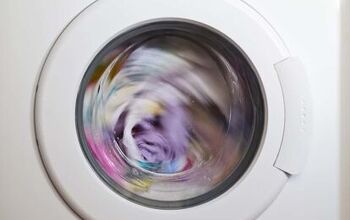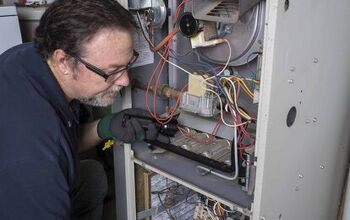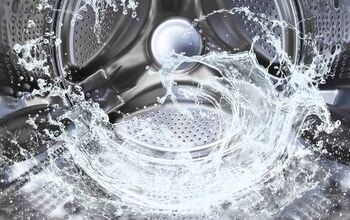Will Ant Spray Kill Spiders? (Find Out Now!)

Arachnophobia is one of the most common fears, and for good reason! You’d be hard-pressed to find a person who is happy to see a spider crawling around their house. Wondering whether the ant spray you have on hand will be fatal to these pests? Read on to find out!
Ant spray will kill spiders if it’s sprayed on them directly, but otherwise, it won’t affect these eight-legged pests. While ant spray on the walls and floor is sure to kill ants, it won’t do anything to spiders. More effective ways to kill spiders include spider traps, spidercide, DIY spider spray, and regular vacuuming.
Do You Need Pest Control Services?
Get free, zero-commitment quotes from pro contractors near you.

What Is Ant Spray?
Ant spray is any spray meant to repel or kill ants. There are tons of different ant sprays on the market, and you can also make your own at home. Homemade ant sprays often include ingredients like whole cloves, cinnamon, and essential oils.
Store-bought ant sprays most commonly use boric acid or borax to kill ants. This ingredient is deadly for ants but has a low level of toxicity for humans. Other active ingredients in ant sprays are hydramethylnon, fipronil, and abamectin.
How Does Ant Spray Work?
Most ant sprays are carbonate insecticides, which work by attacking the insects’ nervous systems. Ant sprays block the chemical acetylcholinesterase, which overstimulates ants’ muscles. Their muscles remain tensed, and this leads to paralysis, which eventually results in death.
Will Ant Spray Kill Spiders?
Most ant sprays will kill spiders if they are sprayed with it directly. However, applying ant spray to the ground or walls of your house isn’t likely to kill spiders. The residual amount of ant spray in these areas isn’t enough to be fatal for spiders entering your home.
As ants walk, their bodies make physical contact with the ground. But spiders have longer legs and their bodies don’t touch the ground. Therefore, ant spray on the floor doesn’t have much of an effect on them.
Since ants groom themselves with their mouths, the ant spray on their stomachs enters into their system that way. Spiders, on the other hand, don’t groom themselves with their mouths. Thus, it’s much less likely for residual ant spray on the walls and floor to kill them.
Raid Ant Killer is one ant spray that kills spiders when they are sprayed directly. A homemade option is to mix equal parts water and white vinegar. Spraying spiders with this solution is fatal for them.
In the end, though, the reason ant sprays don’t work as well for spiders is because they’re intended for insects. Spiders actually aren’t classified as insects, so it’s no wonder that these sprays aren’t the ideal way to kill them.
What Is The Best Way To Kill Spiders?
Although ant sprays can kill spiders, there are more effective options to consider. Interested in consistently killing any spiders that enter your home? Consider options like spider traps, spidercides, DIY spider sprays, and regular vacuuming.
Spider Traps
Many spider traps consist of pads covered in glue. You simply place them in areas where spiders tend to gather, and they get stuck in the sticky glue and die off. Many of these types of traps don’t contain pesticides, so they’re safe to use around pets and children.
Some glue traps include bait to entice the spiders. Others contain pesticides that will kill the spiders almost immediately. Often, these spider traps will also trap all sorts of other insects and pests. Some are even sticky enough to trap small rodents like mice.
Spidercide
You can purchase spidercide at your local hardware store, or you can call in a professional instead. When using spidercide, be sure to read and follow all directions carefully. If children or pets live in your house, seek out products that aren’t toxic to humans and animals.
DIY Spider Spray
Prefer to go the natural route? You can do so (and also save some money) by making your own spider spray. Here are a couple of great mixtures you can make and use in just a few minutes:
Homemade Spider Killer #1- 1 tablespoon dish soap
- 20 drops cinnamon essential oil
- 1½ cups water
- ⅓ cup white vinegar
- 1 cup apple cider
- 1 cup pepper
- 1 teaspoon oil
- 1 teaspoon soap
Regular Vacuuming
Vacuuming your home regularly is another great way to manage infestations and kill spiders. Be sure to focus on areas where spiders are known to make their homes. This includes:
- The garage and basement
- Cracks and gaps in walls and around doors
- Open storage boxes, especially in closets and basements
- Piles of laundry on the floor
- Rarely-used closets
- Under sinks, especially if they leak
- In houseplants (even fake ones)
- In corners of each room, on the floor and the ceiling
Spiders can not survive being sucked up by a vacuum. Their delicate bodies simply cannot handle the trauma.
If you prefer not to harm the spiders in your home, you can always choose the catch and release route. Just make sure to block off entrances to your house so that they don’t find their way back inside!
Do You Need Pest Control Services?
Get free, zero-commitment quotes from pro contractors near you.

Related Questions
Is ant spray toxic to dogs?
Ant spray may or may not be toxic to dogs, depending on the specific product. In general, ant spray is only toxic to dogs and other animals if they ingest it. Most ant sprays are designed not to be toxic to animals, but it’s always best to exercise caution.
It’s recommended to do additional research on the specific ant spray you purchase. This way, you can determine with confidence whether or not it’s safe for your furry friends.
Is ant spray harmful to plants?
Generally, ant spray is safe for plants. However, it should not be used on plants that you plan to eat. But in most cases, ant spray formulas are gentle enough to kill off insects without affecting house and garden plants.
What ant spray is safe for indoors?
There are many ant sprays that are safe for indoor use. Of course, you should still exercise caution, especially if there are children and pets in your home. Look for ant sprays that are specifically marketed for indoor use.
A few recommendations include:
You can also make your own homemade ant spray that is safe to use indoors. A few options are white vinegar and water, dish soap and water, tea tree oil, and cayenne pepper.
Related Guide

With a lifelong passion for writing plus strong enthusiasm for home improvement and DIY projects, joining the team at Upgraded Home was an easy choice. Jessica Allen likes to share helpful information with current and aspiring homeowners. Aside from writing, Jessica loves doing yoga, playing the piano, and dabbling in graphic design.
More by Jessica Allen



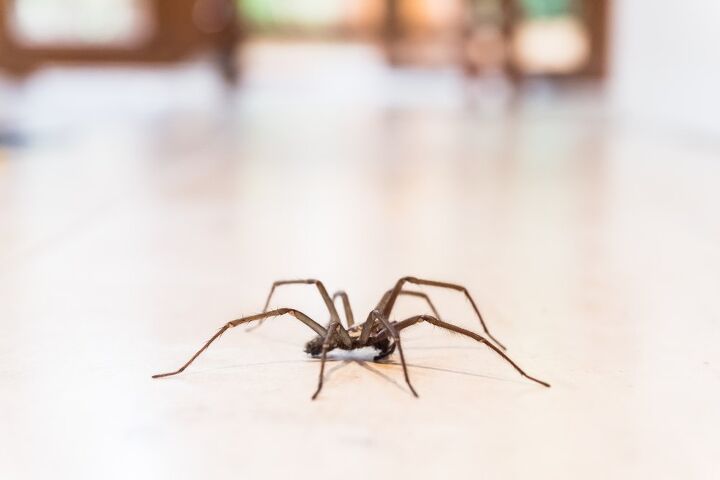


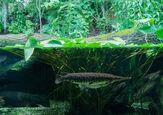



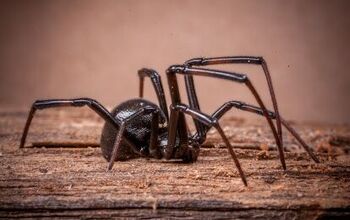


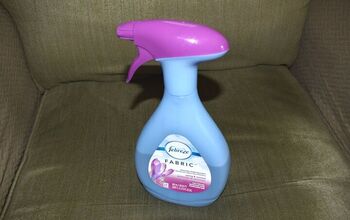
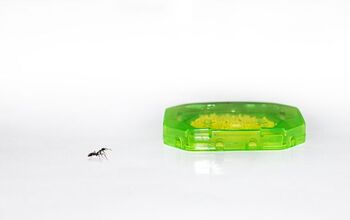







![12 Washing Machine Brands to Avoid [with Recall Data]](https://cdn-fastly.upgradedhome.com/media/2023/07/31/9075781/12-washing-machine-brands-to-avoid-with-recall-data.jpg?size=350x220)
